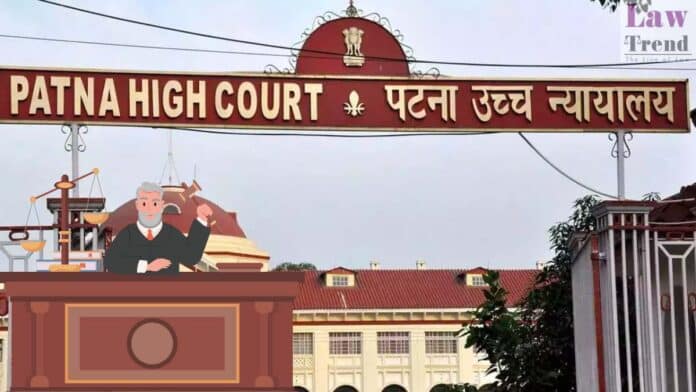In a landmark judgment, the Patna High Court directed the Central Industrial Security Force (CISF) to reconsider its rejection of a compassionate appointment application filed by a widow of a deceased constable. The court emphasized the necessity of exploring alternative posts, particularly in situations where strict eligibility requirements create barriers to the welfare of bereaved




